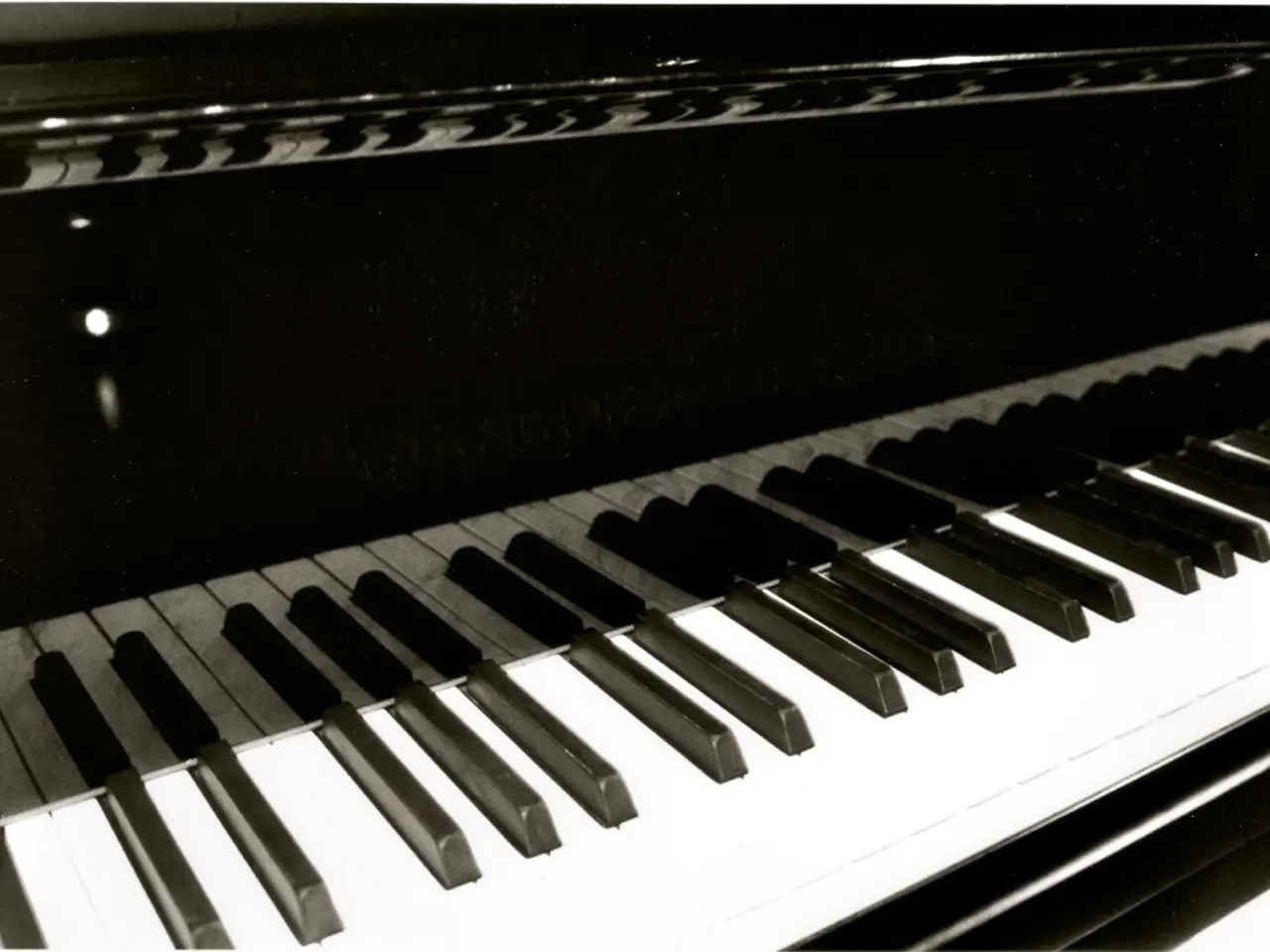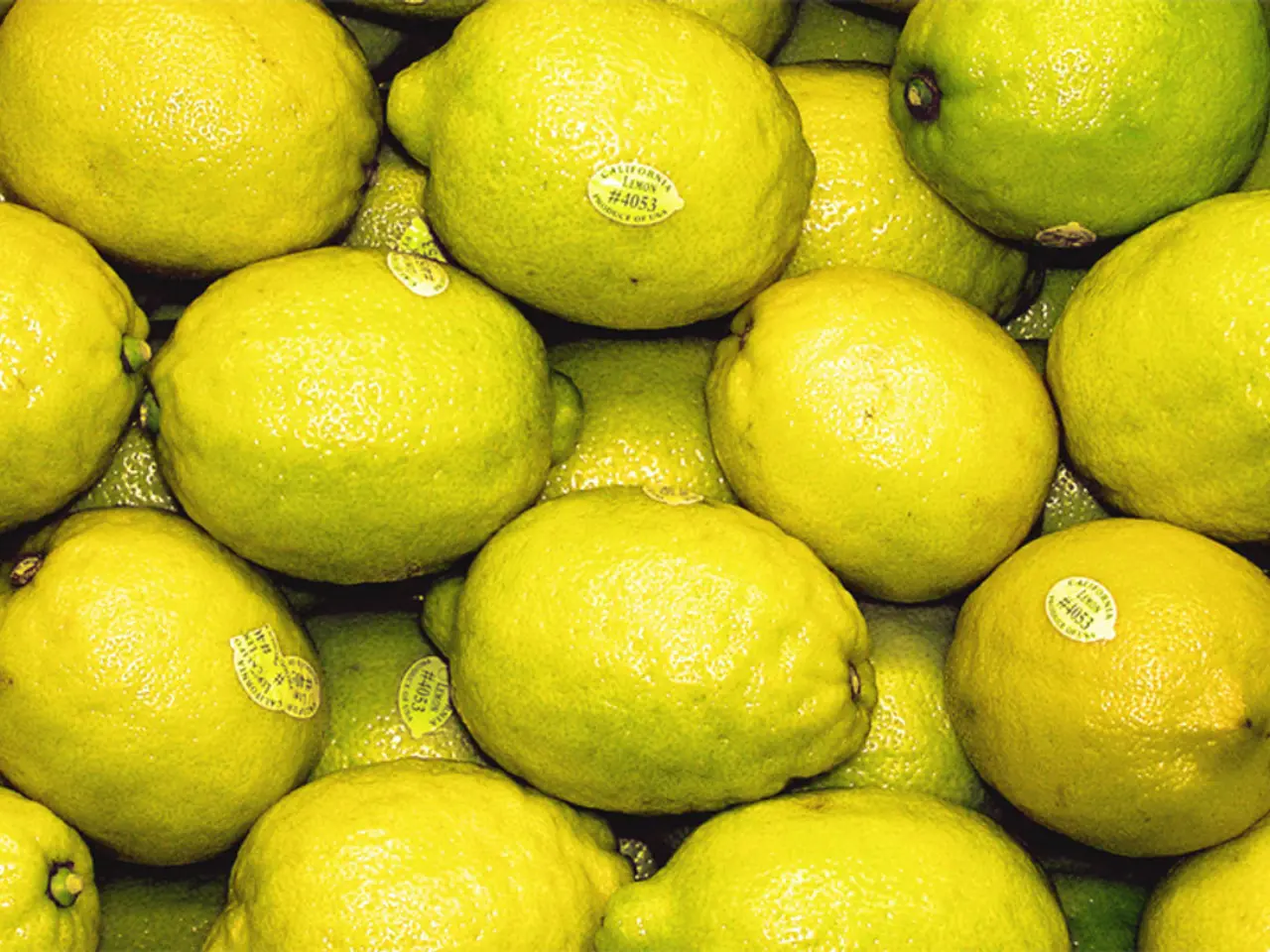Proposed restriction on government purchases of foreign-made pianos by the Ministry of Trade and Industry
In response to the economic sanctions and supply chain disruptions caused by the Russia-Ukraine conflict, the Russian government has implemented a measure to restrict piano imports. This move is aimed at fostering the growth of domestic piano production and potentially impacting music education in Russia.
According to the Ministry of Industry and Trade, the proposed measure is designed to address the hindrance in the development of domestic piano production. With the maximum production capacity of seven Russian producers exceeding 2,000 units per year, the combined production value amounts to 739 million rubles annually.
The restriction on piano imports is expected to benefit the Russian music education sector by encouraging the purchase of domestic pianos. This shift could stimulate the domestic piano industry to innovate and expand, potentially incorporating modern trends such as hybrid and digital-acoustic pianos.
While higher prices and fewer imported options might initially limit access to quality instruments for students and schools, the rise of technologically advanced pianos produced within Russia could enhance music education opportunities by making such instruments more accessible locally. These pianos often include features beneficial for learning, such as silent practice modes and recording capabilities.
It is worth noting that domestic pianos are mainly purchased by music schools. However, in 2024, approximately 70% of piano purchases for state needs were made by importers. The government believes that the restriction will not negatively impact the quality of music education due to the continued availability of grand pianos, which are primarily used by Russian philharmonics and conservatories.
The department also stated that the proposed measure is aimed at creating a more favorable environment for the production and purchase of domestic pianos. This includes the cooperation between the Ministry of Industry and Trade and domestic piano producers, as outlined in the explanatory note to the document.
The measure is intended to protect domestic producers from unfair competition from foreign suppliers in the piano market. By addressing the insufficient utilization of factory production capacity in the production of domestic pianos, the government aims to create a balance of interests between Russian piano producers and organizations for additional education of children.
Domestic producers of pianos actively cooperate with children's art schools in Russia, ensuring that the growth of domestic production benefits music education as well. The department hopes that the proposed measure will support the purchase of domestic pianos by music schools, thereby further bolstering the domestic piano industry.
In conclusion, the Russian government's import restrictions on pianos are a response to geopolitical sanctions and supply chain disruptions tied to the Russia-Ukraine conflict. The measure fosters domestic piano manufacturing growth and impacts music education by potentially shifting the market toward more technologically advanced pianos produced within Russia, albeit with initial challenges in instrument availability and cost.
The restriction on piano imports, as part of the Russian government's measure, aims to stimulate the growth of domestic piano production and potentially impact the music education sector. This move is in line with the Ministry of Industry and Trade's strategy to create a more favorable environment for the production and purchase of domestic pianos, encouraging cooperation between domestic producers and music schools.




